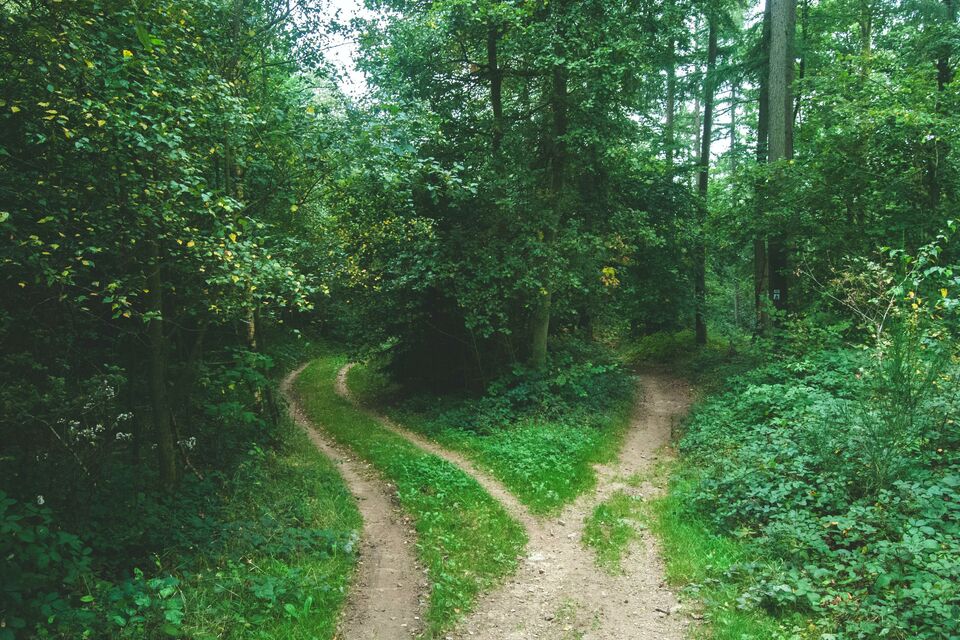I recently listened to a talk on diversity that got into the subject of how we respond to stereotypes and pre-conceived beliefs and how our impressions drive behavior. It got me to thinking about how we react to the world around us. A lot of our behavior is likely based on conditioned reflexes that come from old survival instincts. A few thousand years ago we weren’t as gifted with reasoning power as we are today and lived more by impulse and reaction than by plan.
Running from predators involves more reaction than thought process, and in times of stress or panic, it’s not unusual for us to show more of a fight or flight response, than an intellectual one. Mother Nature has given us a pretty sophisticated computer for a brain however, the brain has the ability to take short cuts. Brain activity requires electrical energy, and the brain is always looking for ways to conserve energy that it doesn’t have to use. Think of “jumping to conclusion” or “filling in the blanks” as the brain’s way of trying to get efficiently to the end of the thought process without having to wade through the middle. If you’ve ever listened to accounts of a car accident from those present at the scene, it’s amazing how differently people think they saw the events unfold. It’s as if the eyes and ears put their input through an experience filter in the brain that looks for similarities to past experience to try to compare the present situation. As my experience might differ from yours, so likely will my interpretation and my recollection of how a situation unfolded.
Look at your kids eating a new food item and you’ll see that if it isn’t something they’re familiar with, they’re likely to form a negative opinion and refuse to eat. Probably this is a hold over defense mechanism from when our ancestors were foraging around in the woods for food. Stop and Shop isn’t known for its dangerous foods these days so you don’t have to be a slave to only what you know, new foods aren’t that dangerous. Prejudice is certainly a great example of our leaping to conclusion. We create stereotypes and start to profile. This may have started as a mechanism to protect us by allowing us to sort out potentially dangerous people from probably safe people, but these things carry over with unintended consequences. Then we find ourselves passing judgment on people for how they look, who they vote for, or where they’re from.
Speaking of reflex reactions, how about your customers who may have you do an incredible amount of work bidding a project and then instead of reading what you have given them in your bid package, just jump to the last line of the last page, directly to that final number. Often they may be trying to grab for the easiest handle and also may be trying to hear what they’d like to believe. They’re looking for the “easy button”, they want to “cut to the chase”, and “get to the bottom line”. All well and good, but you have to remind them that you get what you inspect, not necessarily what you expect. If life could be summarized by one judgment, one price, or one handshake, it would be wonderfully simple…but it’s not.
Part of our maturing as people and our development as a race, is our ability to move past operating on gut reaction only. We grow when we think, process, digest, and then formulate an opinion and a plan. We separate ourselves from the rest of the animal world by our ability to look beyond the surface, to dive into the details above the bottom line and to not judge every book by its cover. Sometimes we all need a little reminder that we have this ability and that it’s important for us to use it. After all, we’re human!
